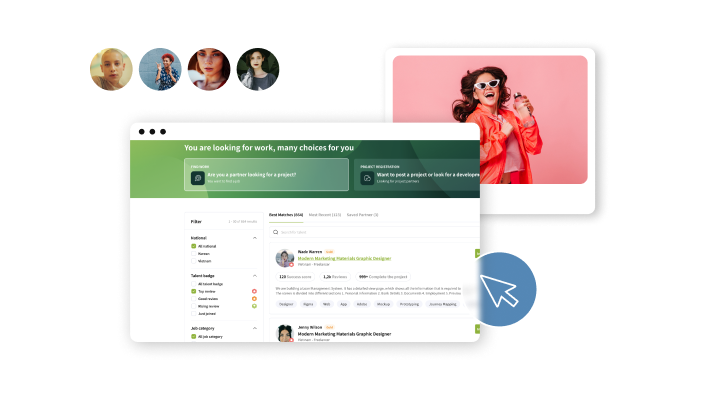These days, more and more people are looking for jobs online. Especially with freelancing, remote work, and international opportunities, there are tons of options out there.
But with that comes a lot of scams too. You’ve probably heard stories of people losing money, or worse, getting tricked into dangerous situations. So today, I want to share 4 key tips to help you avoid falling for online job scams.
1. Never Pay Money Before You Start Working
This is the most common scam out there.
You might hear things like:
“We just need a small fee for training.”
“Please pay a deposit for equipment.”
“There’s a registration fee, but we’ll refund it later.”
No legitimate company will ever ask you to pay money upfront. Whether it’s training fees, deposits, equipment costs, or registration fees—it’s a red flag.
If someone asks you for money before you even start working, stop immediately. Don’t worry about losing out or feeling awkward. Not paying is the right choice, and it could save you from a lot of trouble.
2. Be Very Careful with Offers to Work Abroad
Sometimes you’ll get messages from people offering you jobs overseas, promising great salaries, travel, and accommodation.
This can sound tempting—but it’s often a trap. There have been cases where people were taken abroad and put in dangerous or abusive situations.
If you want to work overseas, make sure:
- You go through a licensed and reputable recruitment agency in your home country
- You have a signed contract and proper visa before you leave
If these aren’t in place, don’t go. No paycheck or promise is worth risking your safety.
3. Always Check the Company’s Official Website and Email
Real companies have official websites and use their own email domains.
For example:
- Real company email: jobs@companyname.com
- Suspicious email: companyjobs@gxxil.com or workoffer@hotxx.com
If the email doesn’t match the company’s official website or uses a free email service, be cautious.
Also, search the company name online with keywords like “scam,” “reviews,” or “complaints.” Many victims share their experiences online, which can help you avoid trouble.
4. Don’t Start Working Without a Contract
This one’s super important, but many people overlook it.
Even if you’re freelancing or working remotely, you should always have the job details in writing—at least by email.
Make sure you get clear info on:
- What exactly you’re expected to do
- How long you’ll work
- How much and when you’ll get paid
If problems come up later, this written proof can protect you.
Final Thoughts
Job hunting is tough enough, and getting scammed makes it even worse. To protect yourself, always double-check everything and don’t rush into decisions.
If someone pushes you to pay money or decide quickly, slow down and think twice.
And if you ever feel unsure about an offer, don’t hesitate to ask for advice. It’s easier to avoid scams when you have someone to talk to!














0 Bình luận
Bài viết này chưa có bình luận nào.
Hãy là người đầu tiên bình luận.Để lại bình luận